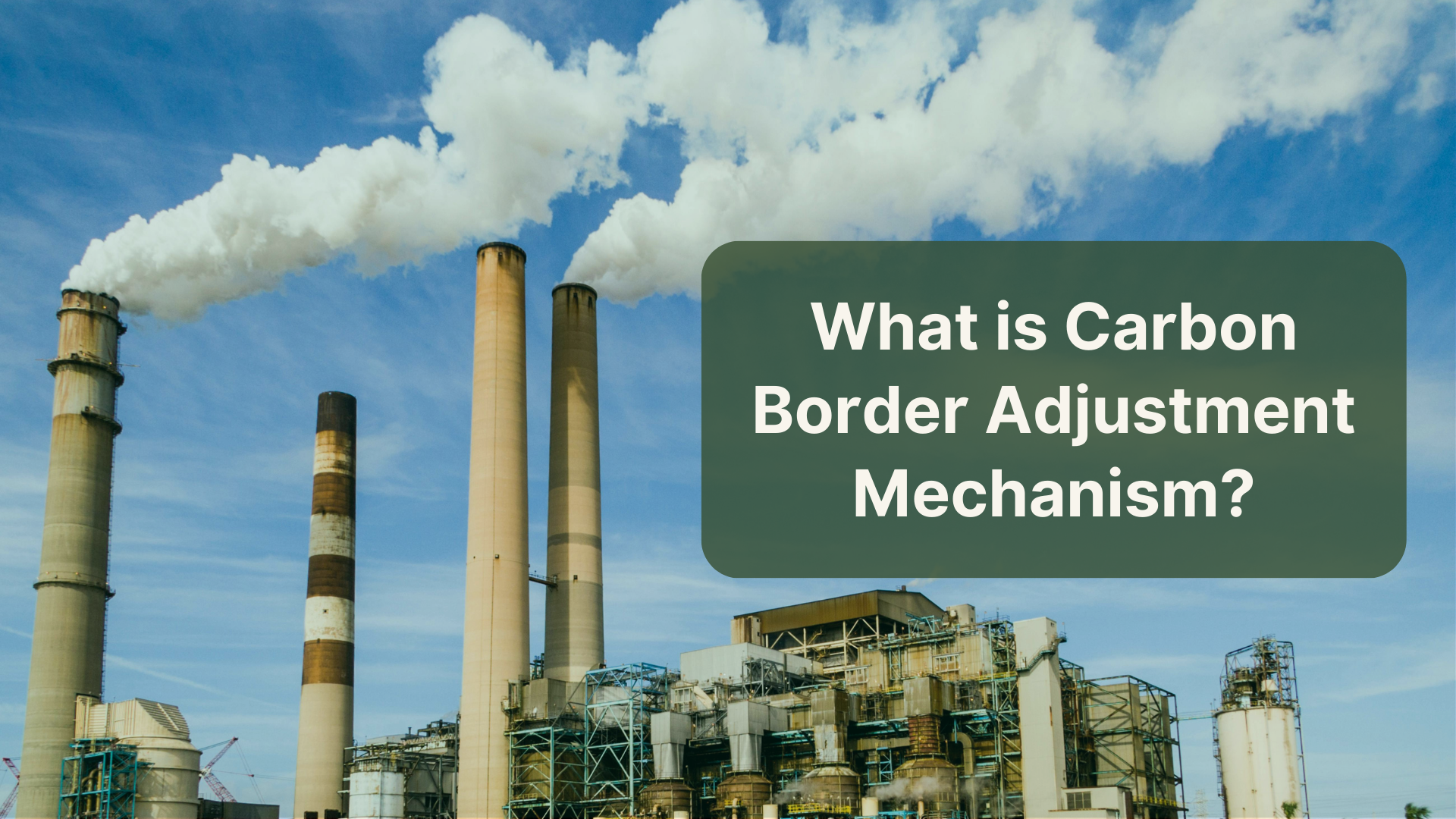Get to Know Carbon Border Adjustment Mechanism
Science

In 2022, the European Union made an agreement on the world’s first Carbon Border Adjustment Mechanism (CBAM). CBAM is a levy imposed on imported carbon-intensive goods and the amount reflects the EU’s carbon market price. Producers are required to purchase CBAM certificates to be able to trade their products in the EU. As a region with strong political will towards climate action, this measure is taken to prevent “carbon leakage” that happens when: 1) Producers relocate their production to non-EU countries with weaker climate policies, or 2) Carbon-intensive products are imported.
For its transitional phase from 2023 to 2025, CBAM is applied to sectors that have the most significant risk of carbon leakage: cement, iron, steel, aluminum, fertilizers, electricity, and hydrogen. Companies in these sectors are required to report their GHG emissions, but not required to buy CBAM certificates. Then, in 2026, CBAM will require certificate purchase and will be implemented in other sectors which also include finished and semi-finished products. Emissions accounted for in the full implementation may include indirect emissions, such as emissions from the production of energy used by the production facility. The full implementation is expected to capture more than 50% of the emissions from sectors covered in the EU’s Emission Trading System (ETS).
This initiative will push EU’s trading partners to decarbonize their operations and create a more fair playground for EU companies to compete with foreign companies. If an importer can prove that a carbon price had been paid during the production of the imported goods, the amount they have to pay can be reduced. In addition, companies in countries with equivalent carbon pricing policies can be excluded from having to buy CBAM certificates.
Other countries such as Canada, South Korea, and Japan are also planning to adopt CBAM. Eventually, widespread implementation of this mechanism will favor businesses with stronger environmental policies to win against high-emitting competitors.
Indonesian companies that export to the EU will be affected, especially since our electricity is still mainly supplied by coal plants. To thrive in the market, carbon-intensive industries must take emission reduction measures, such as initiating a carbon offset project. Check out Fairatmos’ website to learn more about how you can make a nature-based carbon project!
